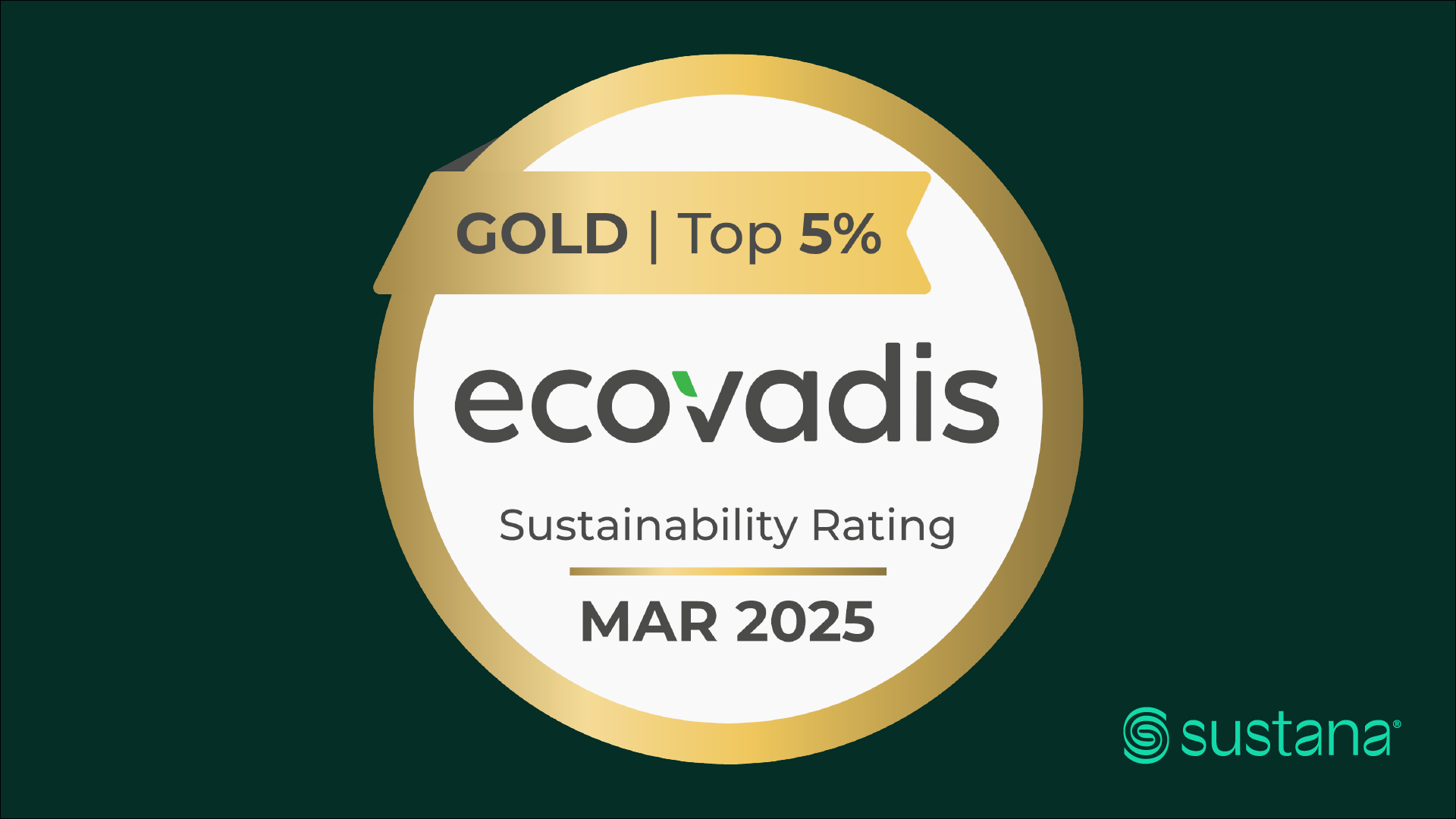Sustana Fiber along with a group of prominent paper mills and end markets across North America signed a declaration of acceptance and a commitment to increasing recycling of paper cups.
Sustana Fiber along with a group of prominent paper mills and end markets across North America signed a declaration of acceptance and a commitment to increasing recycling of paper cups. The group includes Essity, GP PRO, Graphic Packaging International, Great Lakes Tissue Company, ND Paper, Pratt Industries, WestRock and Sustana Fiber.
These organizations representing 75% of mixed paper demand (by quantity consumed) in the U.S. and Canada are accepting paper cups. Seven companies with 25 paper mills actively accept residential mixed paper bales (ISRI grade 54) with paper cups included, while three companies with five facilities currently accept paper cups when included with aseptic and gable top cartons in carton bales (ISRI grade 52).
Paper cups have a coating on the inside (for hot drink cups) or on both sides (for cold drink cups) that provides a liquid barrier to the fiber. Although the coating has long been seen as a reason not to recycle paper cups, several companies have conducted tests and determined that the coating does not present an obstacle to recycling the cups in their facilities. The mills use pulping systems that separate the coatings from the fiber, recovering the fiber with a 70% to 90% yield.
“Sustainability is at the forefront of everything we do at Sustana. Our investments in specialized equipment allow us to efficiently recover fiber from single-use coffee cups for re-use in premium applications, and we are pleased to support this recycling initiative. Increasing the viability and acceptance of paper cup recycling is an important step toward building a circular economy in our markets,” said Fabian de Armas, CEO of Sustana.
Many of the mill representatives who signed the statement are members of the Foodservice Packaging Institute (FPI), which facilitated much of the testing and the collaborative effort that resulted in the joint declaration. FPI and its members work to align supply chain partners and strengthen end markets, as well as offer grants to help material recovery facilities (MRFs) and communities add paper cups to their residential recycling programs.
“All recycling depends on end markets, and not all mills are readily equipped to separate the plastic coating found on paper cups. However, the facilities that signed this declaration are shining a spotlight not only on their ability, but their commitment to accept paper cups,” said Natha Dempsey, president of FPI. “We encourage communities and MRFs to connect directly with their end markets and local mills to check if they will accept bales containing paper cups.”
The mill statement and an interactive map, along with other resources on paper cup recycling can be found on www.recyclepapercups.org.
About Sustana Fiber
Sustana Fiber is a leading producer of FSC®-certified sustainable recycled fibers. At our facilities in De Pere, Wisconsin (USA) and Lévis, Quebec (Canada), we are using automated proprietary processes to turn recovered paper into high-quality recycled fiber for use in printing papers, tissue grades and formed molded fiber packaging. We also produce EnviroLife® sustainable recycled fiber compliant with FDA standards for food service packaging. Learn more about how our products and manufacturing practices support the circular economy at www.sustanafiber.com
About FPI Founded in 1933, the Foodservice Packaging Institute is the trade association for the foodservice packaging industry in North America. FPI promotes the value and benefits of foodservice packaging and serves as the industry’s leading authority to educate and influence stakeholders. Members include raw material and machinery suppliers, manufacturers, distributors and purchasers of foodservice packaging. For more information or to follow us on social media, visit www.FPI.org.


